Report Launch: Towards a National Active Mobility Strategy and an Indicator System for Active-Mobility Friendly Cities in China
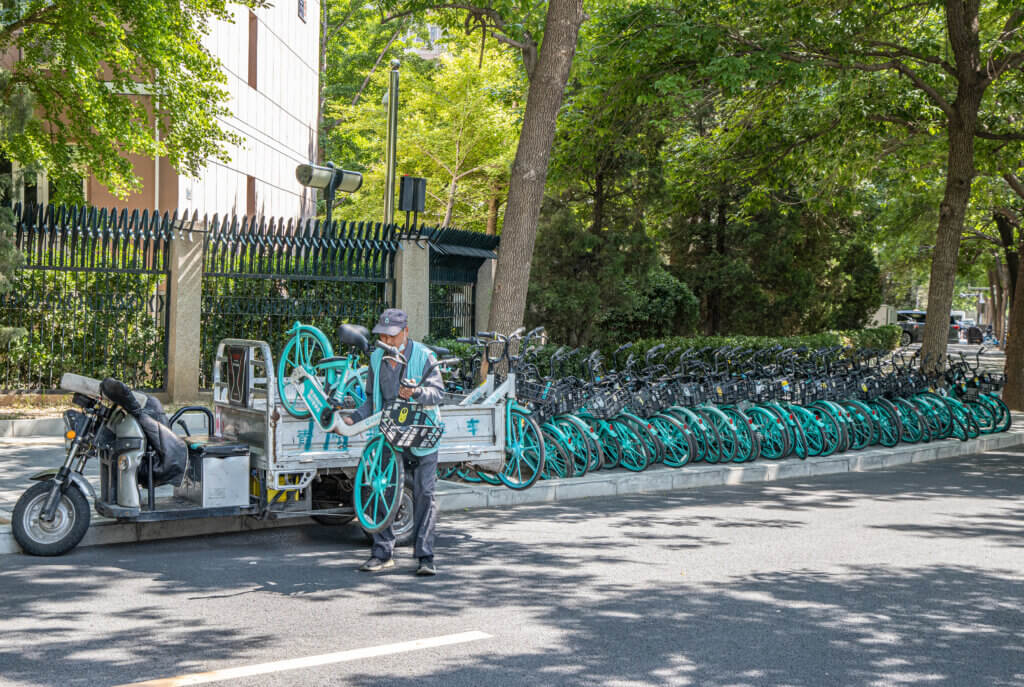
The report introduces an Indicator System to assess the active mobility friendliness of Chinese cities. As part of the report, the evaluation system was piloted in the cities of Beijing, Chengdu, and Xiamen. The results and best practices of national and international frontrunners provide input for policy recommendations at the city and national level.
Sustainable Urban Mobility Planning (SUMP) in the Chinese Urban Context -Lessons from the SUMP Foshan Pilot Project
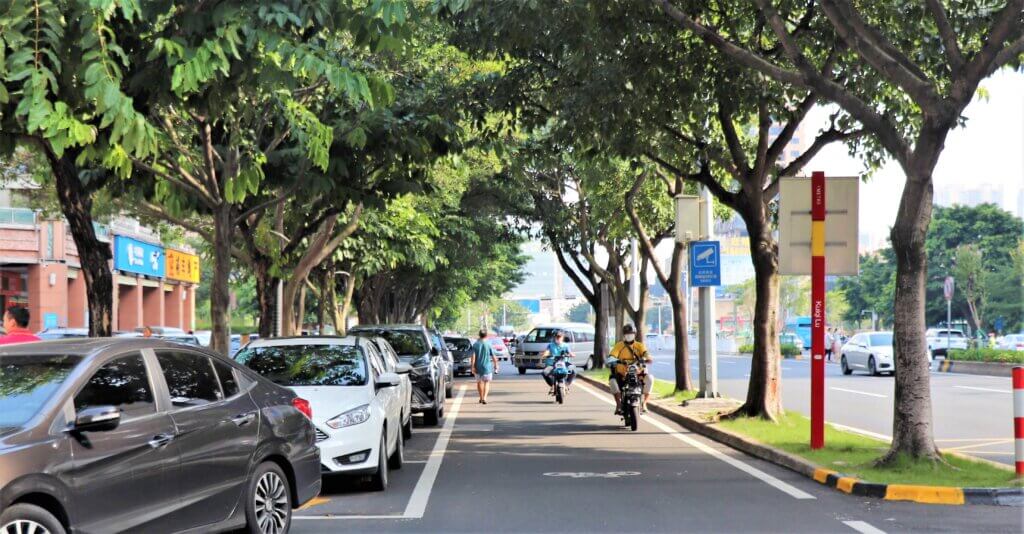
Drawing on Foshan’s experience with SUMP, the report provides a localised approach for policy makers and planners in Chinese cities seeking to foster climate friendly urban transport while reflecting the needs of transportation stakeholders and residents, and to further integrate the SUMP concept into their transport and mobility planning systems.
Report Launch: Sustainable Urban Mobility Plan Foshan Pilot Project
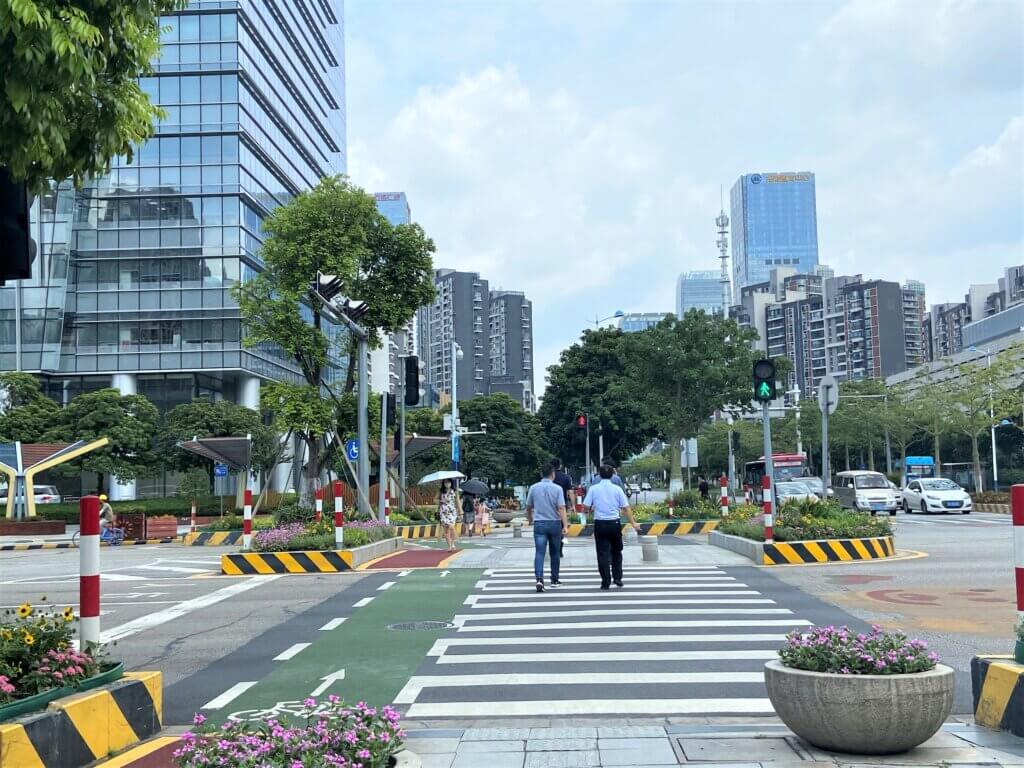
The SUMP Foshan Pilot Project was conducted in collaboration with the Transport Bureau of Foshan (Foshan TB), the Foshan Public Transportation Management Co. (Foshan TC), the China Sustainable Transportation Center (CSTC), and was supported by Rupprecht Consult. The report follows the development of the SUMP Foshan Pilot Project according to the SUMP process.
The Beijing Dialogue: Future Urban Transport & Mobility in Beijing

Against the background of global climate change, cities around the world are under immense pressure to make their transport and mobility systems more sustainable and climate-friendly. Thanks to great advancements in technology including electro-mobility, shared mobility, autonomous driving and Big Data-based smart traffic management systems, opportunities are now available to make transport and mobility systems […]
Research on Technical Systems of Battery Electric Buses in China
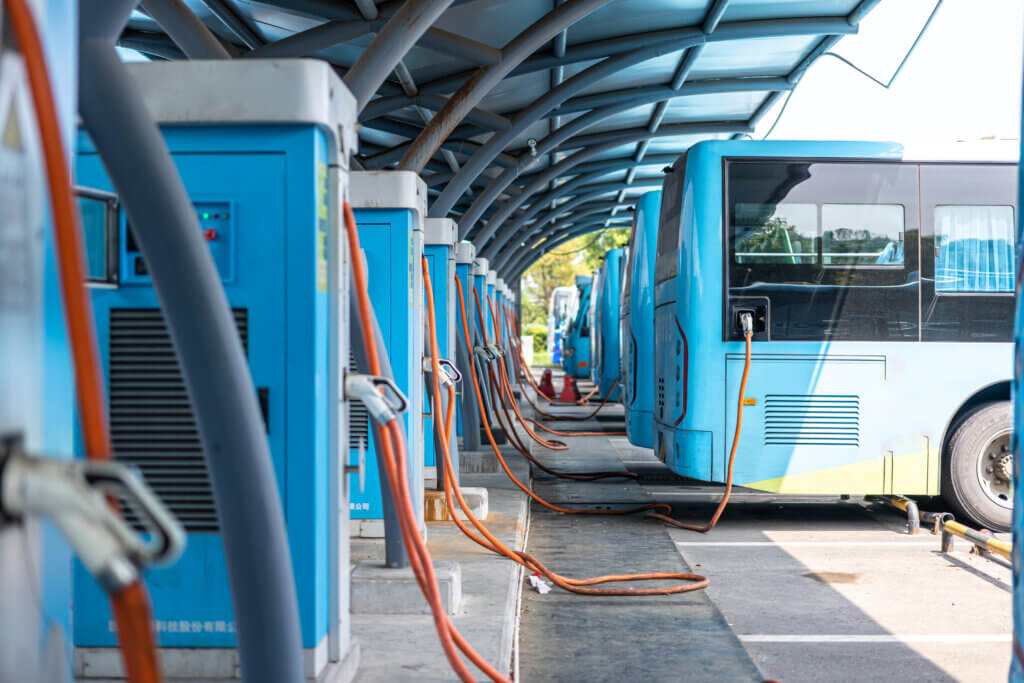
The integrated and effective application of electric buses in public bus systems is an important key to making transport more climate- and environment-friendly by lowering carbon and air pollutant emissions. In recent years, the number of new energy buses has rapidly increased in China (including plug-in hybrid buses, fuel cell buses and particularly in China, […]
[Video] Sustainable Urban Mobility Planning (SUMP) in Foshan
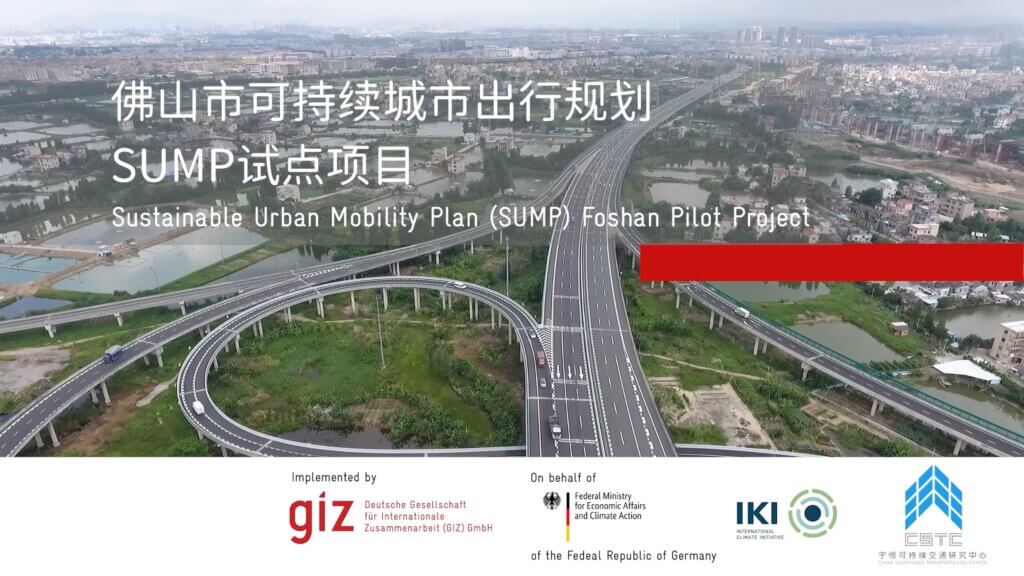
The video Introduced Foshan and its mobility landscape and provides insights into the city’s efforts in exploring a green mobility development path, such the construction of light rail and cycling lane infrastructure or improvements in bus services. It emphasises the solid foundation for sustainable mobility already built Foshan as well as the need for further improvement in areas such as car-dependency or poor connectivity of active mobility networks.
A Study on the Optimization of the Bus Network and Exclusive Bus Lane Planning for the City of Tianjin
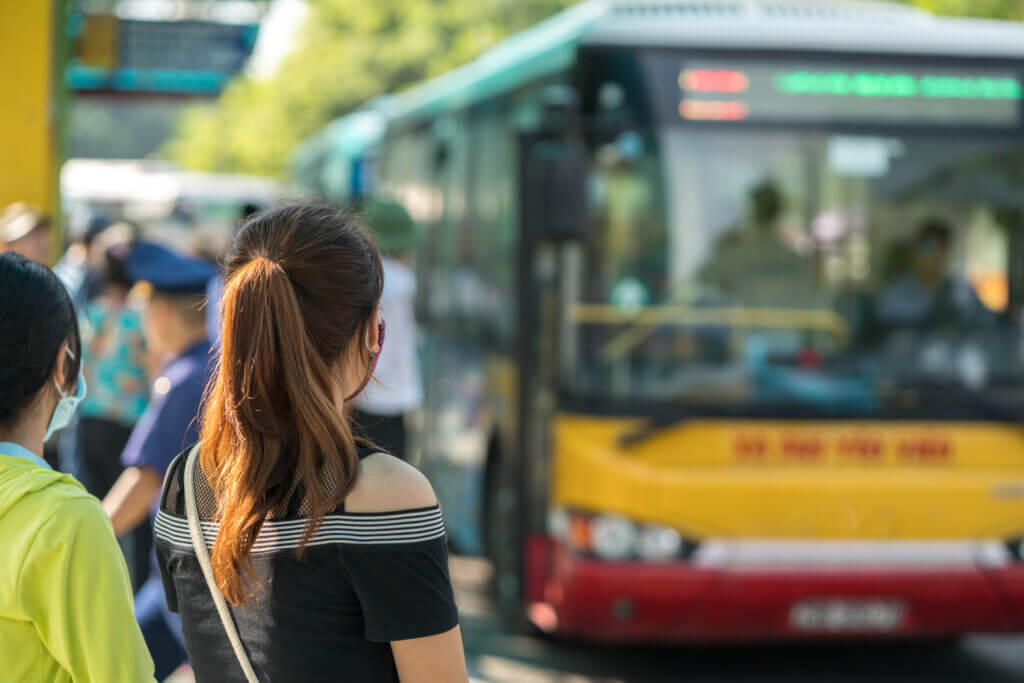
Bus electrification is a systematic programme encompassing not only the procurement of buses, but also the adjustment and optimisation of related bus networks, their operation capacity allocation, as well as the design, construction, and operation of needed charging infrastructure. Covering, amongst other initiatives, all of these aspects relevant to bus electrification, Tianjin’s 14th Five-Year-Plan (FYP) […]
Promoting China’s Transition Towards Sustainable Transport Integration

The advancements in information and communication technologies (ICT) have unlocked new opportunities for innovative urban mobility services. Smartphone-based Mobility-on-Demand (MoD) services such as ride-hailing, dockless bike-sharing or car-sharing have exploded in China on a scale that is incomparable to any other country. For example, in 2019, the number of average ride-hailing orders in China was […]
Electrification of Taxi Fleets in China and Germany – Status Quo and Policy Recommendations
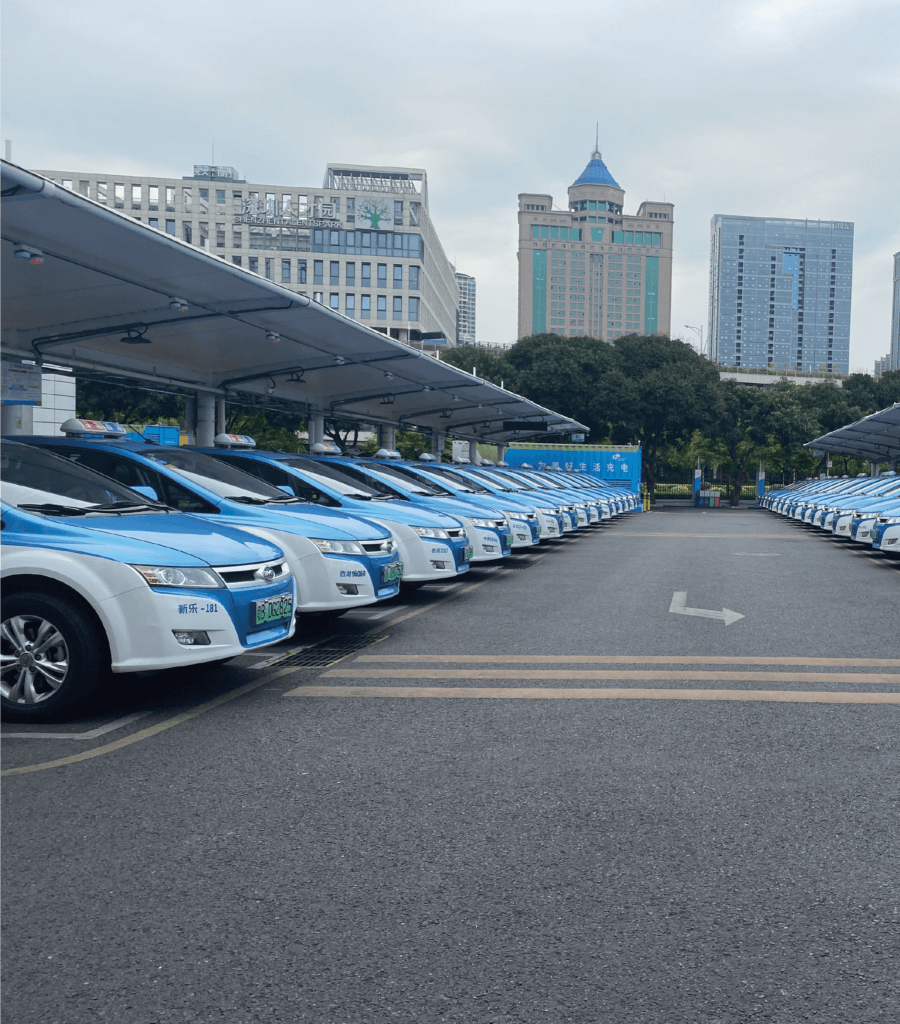
The electrification of large vehicle fleets, especially taxi fleets, is a necessary component for achieving international and national climate targets. This measure can also make an important contribution to reducing particulate matter and noise pollution in cities. In China, local governments are increasingly intervening in the design of urban taxi fleets through regulatory measures by […]
Decarbonising China’s Transport Sector – Workshop on Developing Road Transport Carbon Emission Models for Chinese Cities
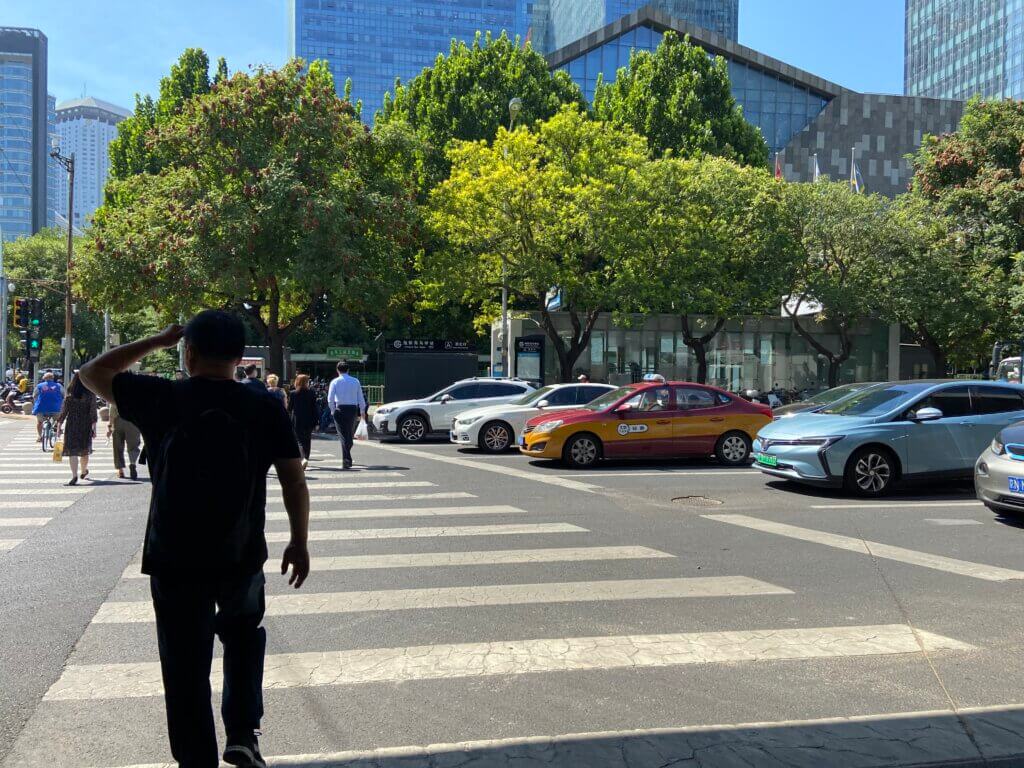
To support Chinese cities by engaging experts and decisionmakers at municipal and provincial levels in introducing best practices from Europe and China in city-level transport emissions model development and applications, a workshop on Decarbonising China’s Transport Sector was held online on 15th August, 2022. This workshop explored the current challenges and opportunities for the establishment of transport emission models and facilitating peer-to-peer learning among Chinese cities/provinces, with a focus on introducing modelling methodologies for urban transport emissions in Chinese cities.